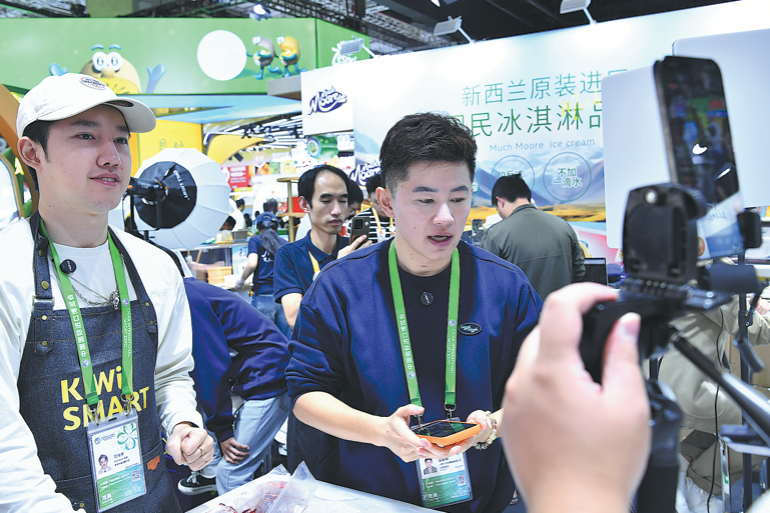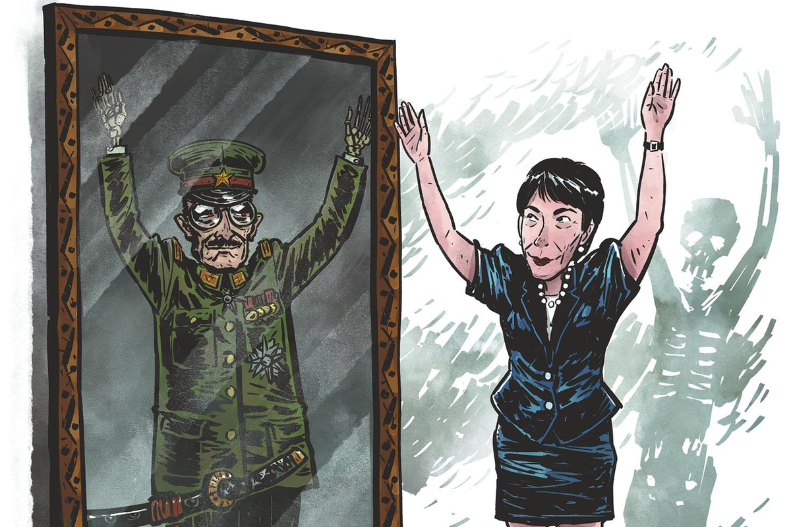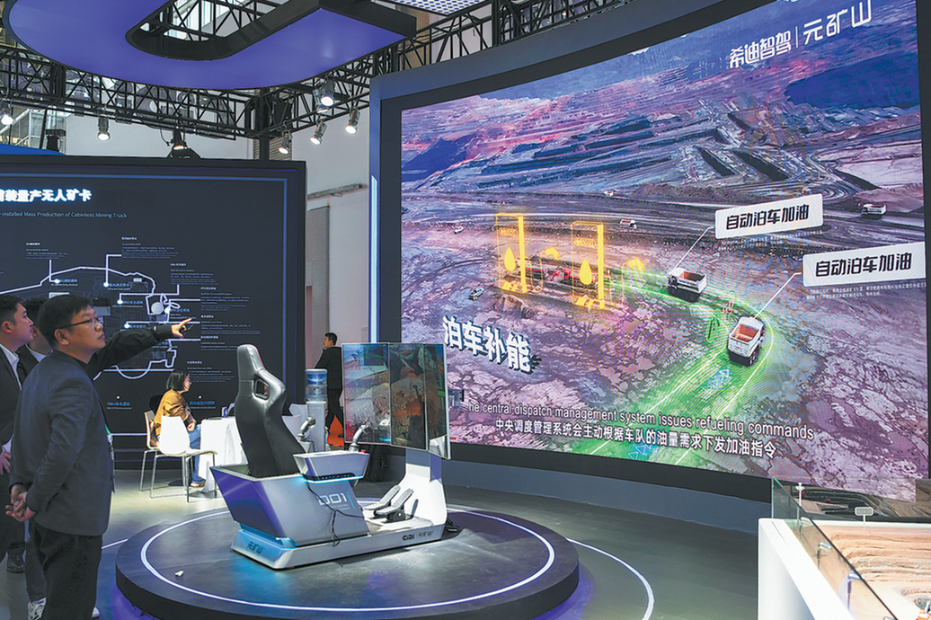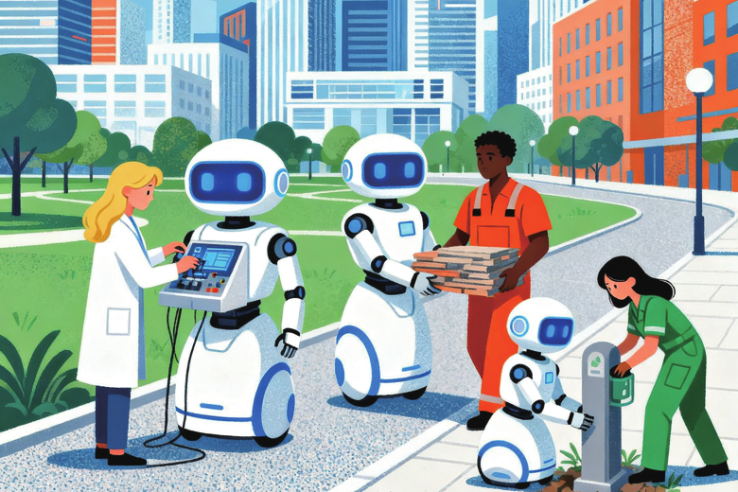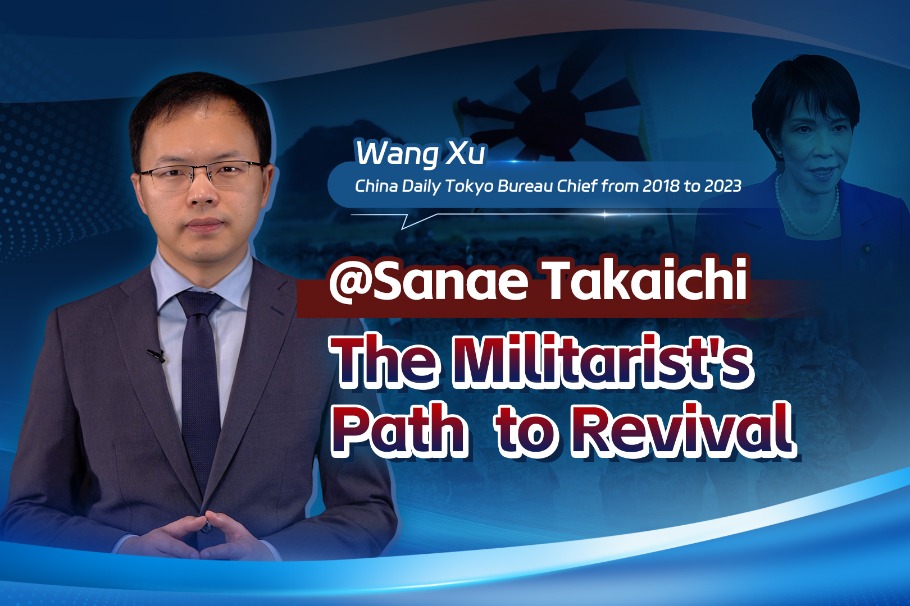High-tech leap making remarkable changes to country's healthcare system
By Zheng Yiran | China Daily | Updated: 2024-07-31 10:30

Ten years ago, as a student at the School of Communication at the University of Miami, the United States, I was most impressed by how easy it was to make an appointment with a doctor at the campus health center, compared to my hometown Beijing.
The whole process was highly digitalized, quick and smooth. Entering the center, I registered on a machine, received a number, and waited to be called. Within a few minutes, a nurse took me to a primary inquiry room, asking about my symptoms. Then, without having to wait, I got a triage and was taken to the doctor's room. The diagnosis and treatment processes subsequently were also smooth affairs, with all my health records stored digitally.
Unfortunately, 12,000 kilometers away in China, we were relying on handwritten medical records back then. This was especially difficult if a patient had to revisit, as they needed to carry all the documents for the doctor's reference.
A document gone missing would be troublesome. For a doctor, the process was also cumbersome as it involved deciphering a colleague's handwriting.
In 2017, I completed my studies and started a career as a healthcare journalist in my home country.
And, in the past seven years, I have seen AI making remarkable changes to the medical system in China, fundamentally altering people's lives.
Here is an example.
At Shanghai General Hospital affiliated with the Shanghai Jiao Tong University, a woman surnamed Li, 65, often visits a doctor.
She opens her payment app Alipay on her mobile phone and asks the AI attendant, "I suffer from dry eyes. Which department do I need to go to?"
Within seconds, she receives relevant medical advice and registration service notifications on her phone.
After registration, Li asks the AI attendant about her waiting time, and receives voice and text prompts — "You can see the doctor soon. Currently, patient number 66 is with the doctor, and there is one patient waiting. You will need to go to room 15, Zone A, Floor 3 in Building 7."
With the help of AI-empowered in-hospital navigation, Li follows the route and arrives at the consultation room without a hitch.
Usually in hospitals, many elderly people have difficulty reading text, and are not accustomed to online operating procedures. Therefore, the hospital has introduced AI attendants, which has become immensely popular, said Fan Junxiang, deputy head of the information department of Shanghai General Hospital.
"AI attendants in hospitals provide patients with 24/7 companionship and guidance; they understand and respond to the needs of patients through natural language processing, improving patients' medical experience. AI attendants simplify the medical process through AI technologies, reducing the learning cost for seniors and bringing great convenience to this group," he said.
AI has also made the doctor's consultation process simpler for ordinary folk.
Apart from AI attendants, AI is able to read medical imaging. It is also capable of writing a medical record in just 15 seconds.
In addition to providing convenient services, the combination of AI and healthcare has great potential in business.
According to statistics from International Data Corp, the global AI application market is estimated to reach $127 billion by 2025, with the healthcare industry accounting for one-fifth of the total size.
China Merchants Securities said the global AI plus healthcare market, which is currently valued at $5 billion, will continue to maintain rapid growth.
In this wave of AI plus healthcare, large-scale internet companies are laying out their strategies.
Tech giants such as Google and Microsoft, as well as pharmaceutical companies such as Eli Lilly and Sanofi, are all stepping up their efforts in the field.
On Dec 13, Google officially announced its medical LM, combining a series of models tailored to the healthcare industry. The model is currently open to Google Cloud customers in the US.
US chipmaker Nvidia has launched 25 new micro-services based on medical scenarios, helping global healthcare companies improve efficiency through generative AI. Currently, nearly 50 application providers worldwide are using Nvidia's medical micro-services.
In China, technology firms and pharmaceutical companies such as iFlytek, Baidu, Cloudwalk, and Winning Health Technology Group Co Ltd have successively laid out vertical large-scale models in the medical field.
Guo Tao, an angel investor and expert in the business sector with over 20 years of experience, said: "In the next five years, with the advance of technology and the gradual maturity of the market, the market size of medical large-scale models in China is expected to reach 100 billion yuan ($13.8 billion).
"Key development directions include improving the accuracy and reliability of the model, expanding its application in clinical decision-making assistance, personalized treatment plans, drug research and development, and self-management by patients."





